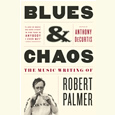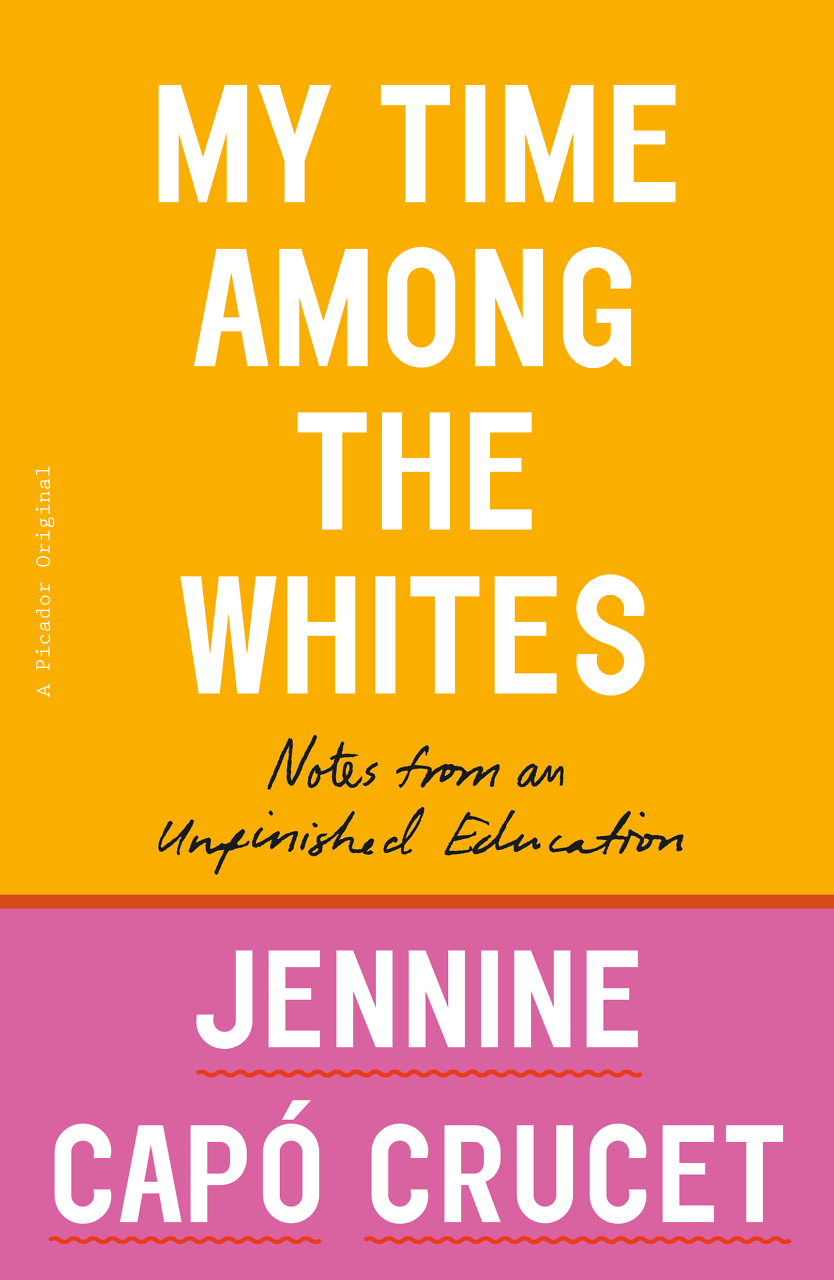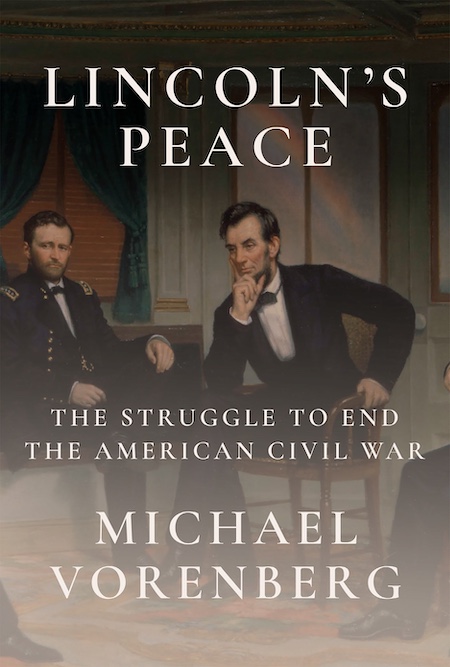The Best-Laid Plans
A fiercely independent teen must learn how to trust and rely on others
When Maryville native Lauren Morrill’s fifth young adult novel, Better Than the Best Plan, opens, 17-year-old Maritza has been secretly living on her own. Her “hippie flake” mother has left on yet another of her searches for self-actualization and a vaguely defined “enlightenment.”
 Maritza has long handled the household bills, and she manages to hold down a part-time job while maintaining high grades. She’s an expert at shopping at thrift stores, saving money on electricity, and making up for her mother’s flakiness. So she hopes she’ll be able to escape notice.
Maritza has long handled the household bills, and she manages to hold down a part-time job while maintaining high grades. She’s an expert at shopping at thrift stores, saving money on electricity, and making up for her mother’s flakiness. So she hopes she’ll be able to escape notice.
At first it looks like she’ll succeed. She finishes her junior year without anyone finding out that she’s alone, and her plan is to earn enough money over the summer to pay the rent and bills until her mother comes home — whenever that might be.
But like so many best-laid plans, this one crumbles. A social worker shows up and informs Maritza that she must go into foster care until she’s 18 or her mother returns. Maritza then learns, to her astonishment, that at the age of 6 months she entered a foster home, where she stayed until she was 2 years old. Her mother had never mentioned that chapter of their lives. She never told Maritza who her father was, either, and Maritza — who’s remarkably incurious about his identity — assumes her mother doesn’t know.
Kris, her former foster mother, is eager to host her again, so Maritza leaves her apartment, her job, her best friend, and her long-time crush, Ali, to move into Kris’s home on nearby Helena Island. Unlike the dilapidated apartment Maritza and her mother share, here the houses look “like beautiful little Easter eggs” and the neighborhoods are landscaped.
Self-conscious Maritza is unsure of how she’ll fit into Kris’s life, which now includes a college-professor husband. It also includes a next-door neighbor — a boy about Maritza’s age, who seems to be having a personal crisis of his own.
 Feeling her way, occasionally testing Kris’s boundaries (with her trademark caution), and balancing her homesickness with the enjoyment of living on a resort island, Maritza is a sympathetic character. In common with most teens, she can be snarky, but she does her best to be a good friend to both her old and her new companions, to avoid hurting anyone’s feelings, and to disrupt Kris’s life as little as possible. She finds out what difficulties the neighbor boy is facing and becomes an ally to him.
Feeling her way, occasionally testing Kris’s boundaries (with her trademark caution), and balancing her homesickness with the enjoyment of living on a resort island, Maritza is a sympathetic character. In common with most teens, she can be snarky, but she does her best to be a good friend to both her old and her new companions, to avoid hurting anyone’s feelings, and to disrupt Kris’s life as little as possible. She finds out what difficulties the neighbor boy is facing and becomes an ally to him.
Maritza starts to see that perhaps she’s been too careful and her horizons might be too narrow. After accompanying Kris’s husband on an errand to the university, she ponders the possibility of revising her plan upward: “I’ve worked hard and picked goals that I could achieve,” she says, like attending a state school on a scholarship, which is “a goal that probably won’t lead to disappointment.” Is she capable of more? Will she learn to stretch herself, knowing she risks disappointment if she fails? Will she lose her old friends if she does? Will Ali be waiting for her when she’s through with the foster situation? Most importantly, will she allow herself to relax and occasionally let someone else take care of things?
In Better Than the Best Plan, there are no villains. Maritza and her mother truly love each other, and while her mother’s adventures in following her bliss have so far been impractical, she’s at least partially motivated by her desire to make her daughter’s life better. Long accustomed to planning for the worst, Maritza lowers her defenses and takes the first tentative steps toward embracing the best.
Morrill’s delicate touch allows these points to be made subtly and without preaching. Believable characters who stumble in their journey, yet are willing to lend and accept help, make Better Than the Best Plan a satisfying and thought-provoking read for teens and those who love them.

Tracy Barrett is a writer who lives in Nashville. Her most recent book, Freefall Summer, was published in 2018 by Charlesbridge Teen.


